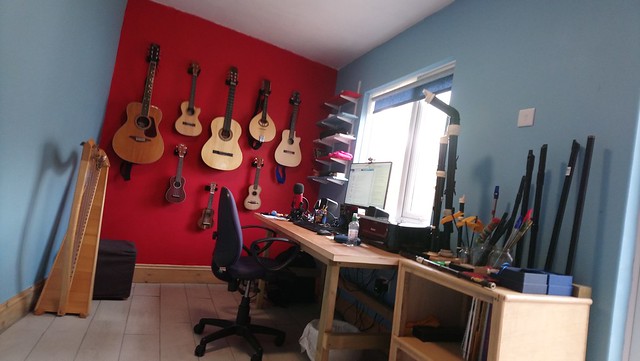Podcast: Play in new window | Download

Here’s the latest news from the world of Omniglot.
New language pages:
- Yamba, a West Bamileke language spoken in southern Cameroon and eastern Nigeria.
- Tugen, a Kalenjin language spoken mainly in Baringo County in western Kenya.
- Rendille (Afi Renꞌdille), a Lowland East Cushitic language spoken in the north of the Eastern Province of Kenya.
New numbers pages:
- Wolaytta (Wolayttatto Doonaa), a North Omotic language spoken in southern Ethiopia.
- Äiwoo, an Oceanic language spoken in Temotu Province of the Solomon Islands.
New phrases page: Tugen, a Kalenjin language spoken in western Kenya.
On the Omniglot blog, there’s a new post entitled Paper Cards about the word carta which means paper in Italian and card in Spanish, and has various other meanings, another post entitled Mermaid Sirens, about differences between mermaids and sirens, and there’s the usual Language Quiz. See if you can guess what language this is:
Here’s a clue: this language is spoken in western Kenya.
The mystery language in last week’s language quiz was Shawiya (Tacawit / ⵜⴰⵛⴰⵡⵉⵜ), a Northern Berber language spoken in Algeria and Tunisia, specifically the variety of Shawiya spoken in western Tunisia.
In this week’s Adventure in Etymology, entitled Office Opus, we find connections between the word office and words like copy, manure, opera, opulence and opus. It’s also available on YouTube, Instagram and TikTok
On the Celtiadur blog there’s a new post entitled Disease about words for sickness, disease, grief and related things in Celtic languages, and I made improvements to the post about words for Death.
I also made improvements to the Wolaytta language page.
For more Omniglot News, see:
https://www.omniglot.com/news/
https://www.facebook.com/groups/omniglot/
https://www.facebook.com/Omniglot-100430558332117
You can also listen to this podcast on: Apple Podcasts, Amazon Music, Stitcher, TuneIn, Podchaser, PlayerFM or podtail.
If you would like to support this podcast, you can make a donation via PayPal or Patreon, or contribute to Omniglot in other ways.
Radio Omniglot podcasts are brought to you in association with Blubrry Podcast Hosting, a great place to host your podcasts. Get your first month free with the promo code omniglot.















